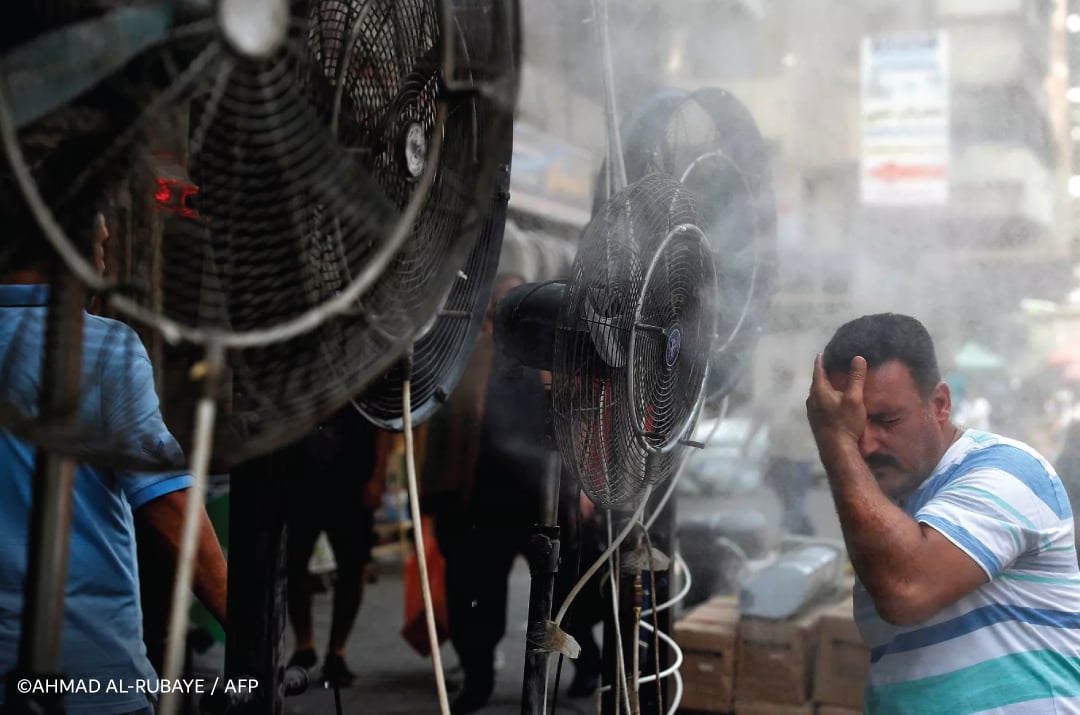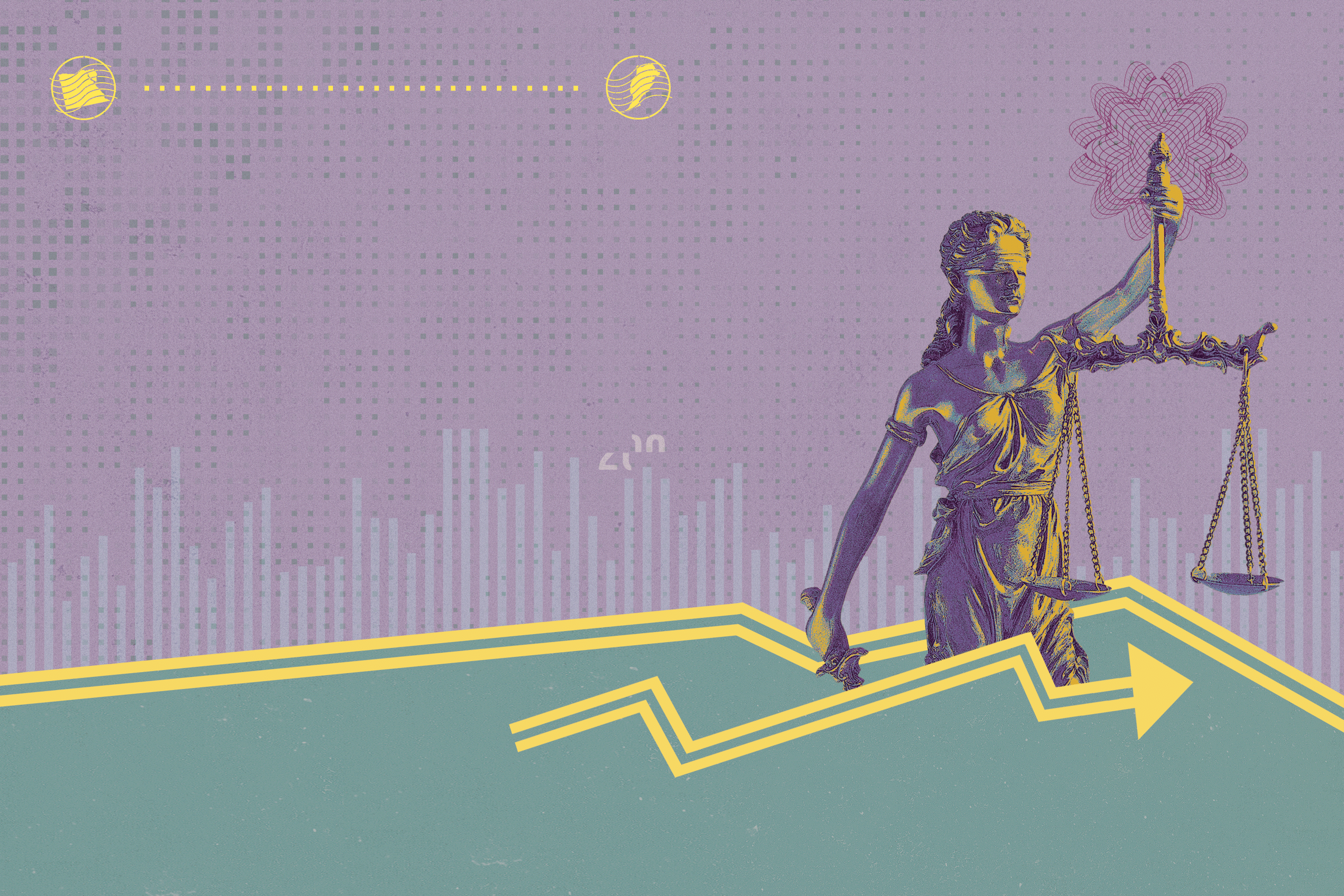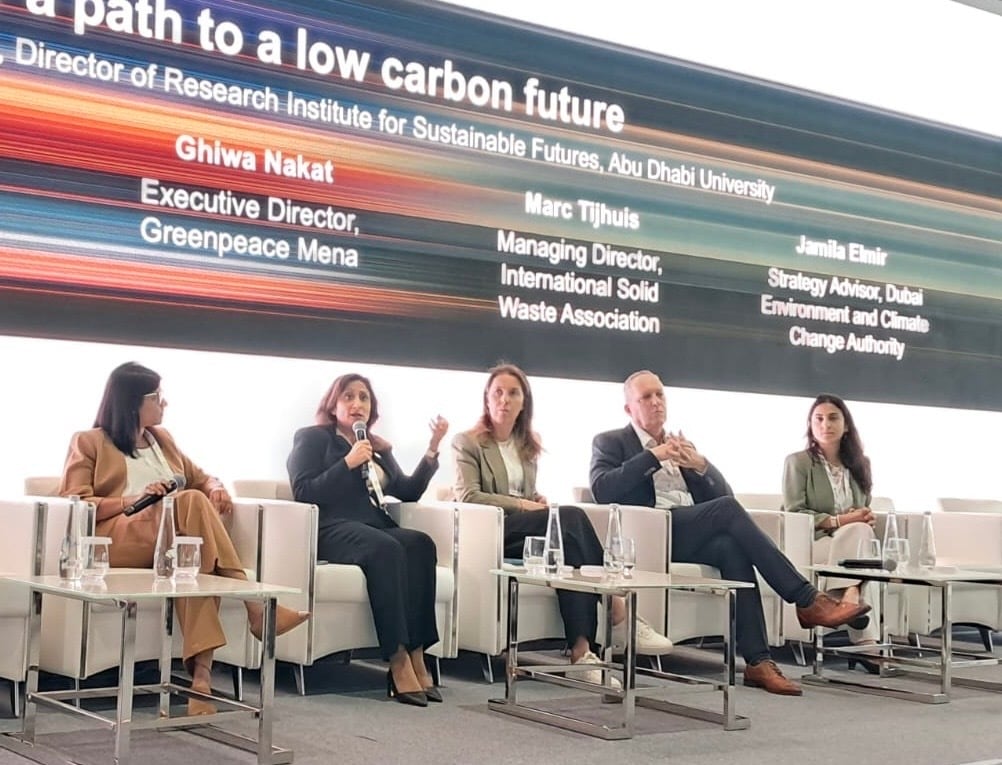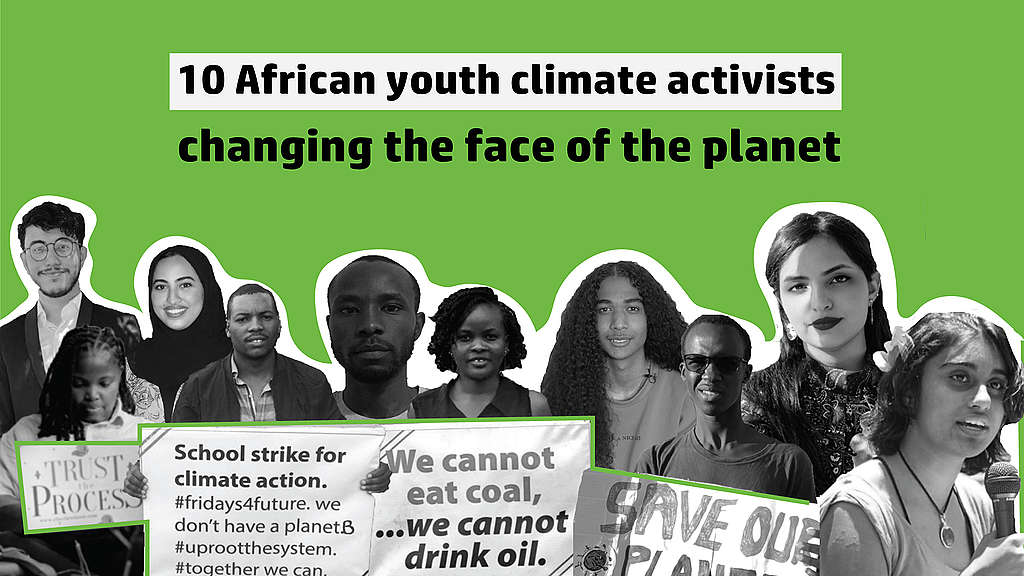
Africa causes the least climate-wrecking emissions but is bearing the brunt of climate disaster. Meet 10 African youth activists demanding action by governments and polluters to protect people — now and in the future — from the worst impacts of the climate crisis.
While I may still qualify as a youth in my country (South Africa), the grey hair I’ve collected for my troubles as a social justice and climate activist will tell you a very different story. Mine has been a decade-long journey, and I am only just beginning to see the impact of this work; yet, there is a whole new generation of African climate youth activists who are already making waves with substantially fewer years under their belt.
Despite pumping out the least climate-wrecking emissions, Africa is experiencing more rapid global heating than than the rest of the world. Extreme weather events are increasing in frequency across the continent, and damage from rains, droughts, floods and storms intensifying.
It is no wonder that these 10 African climate youth activists felt compelled to step up and hold governments and big polluters accountable for the loss and damage they’ve caused that’s affecting all our lives right now, and as well as future generations. One day the world will look back at them as heroes; but for now, allow me to introduce you to the 10 African climate youth activists who are changing the face of the planet…
African Climate Youth Activists You Need to Know

Yero Sarr, Senegal (20)
Yero is student and co-founder of the Fridays For Future movement in Senegal. He first got involved in the youth climate activist space at the age of 16. Fears around the future of young people across the planet prompted him to become very active in the fight against climate change – and to make sure that others join him too! He believes that collective action is far better than individual action. Yero’s strength is mobilising people; he works with several environmental organisations on many issues important to him (including the impacts of harmful industrial fishing on West African communities).
Twitter: @SarrYero2

Raeesah Noor-Mahomed, South Africa (18)
In their final year of high school, Raeesah led a school boycott to demand that the country’s environmental department declare a climate emergency. Fast-forward to a year later, and they have been invited as an observer to COP26 (commencing in Glasgow later this month). The Johannesburg-based intersectional activist strives to decolonise Africa, connecting to activists around the continent to make activism more inclusive and accessible with the organisations Stage For Change and 65 Years.
LinkedIn: Raeesah Noor Mahomed
WATCH: Raeesah’s webinar with Greenpeace Africa Executive Director Lagi Toribau

Ahmed Elhadj Taieb, Tunisia (22)
Tunisia’s youngest climate negotiator will be presenting on behalf of his home country during COP26. Ahmed believes that in 30 years, the youth will become the new decision-makers and things will start to change. However, the environmental science student – who is pursuing a Masters in environmental engineering – isn’t just waiting around for the day to come. He is the General Secretary of Youth for Climate Tunisia and a #breakfreefromplastic youth ambassador. And if that wasn’t enough, he is an environmental blogger with the Fibelk science project.
Twitter: @Ahmed__Elhadj

Remy Zahiga, Democratic Republic of Congo (24)
Remy is an African climate youth activist living in the Congo Basin, the world’s second largest rainforest. He is no stranger to the impacts of environmental degradation, especially with the constant threat that industrial logging poses on the forest and the communities that live there. The geology graduate is very passionate about climate change because it directly affects each and every one of us. He feels that world leaders are far from taking decisive action on the climate crisis, which is why we all need to get involved in the climate justice movement.
Twitter: @Remy_Zahiga

Dixon Bahandagira, Uganda (23)
This environmental science student has a massive ambition. He wants to plant one million trees in his home country, Uganda, to counter the impact of the climate crisis there. He says that more than 200 lives have been lost in his home country since 2017 due to severe floods and landslides exacerbated by climate change. He fears that the situation will get worse due to lack of political will, and has decided to tackle the issue head-on. Dixon has already planted more than 100,000 trees in the space of a year – using more than 10 different species and teaching local people to take care of the plants until they are fully grown.
Twitter: @BahandagiraD

Winnie Cheche, Kenya (31)
Winnie is a young conservationist, blogger, climate activist, volunteer, and Communication Lead at Kenya Environmental Action Network. Growing up in extreme poverty had silenced her for a great part of her life; but, her passion for wildlife and nature helped her find her voice again – one of the loudest voices in the African youth climate movement. Her activism journey started off online with tweets and posts on matters concerning wildlife welfare and climate change issues. Making social media posts grew into writing blogs and thought leadership, and eventually handling communication strategies for one of the organisations leading the Kenyan climate justice movement.
Twitter: @WinnieCheche
WATCH: Winnie’s interview with Greenpeace UK

Gabriel Klaasen, South Africa (23)
My fellow 2021 Mail & Guardian 200 Young South Africans Award finalist has become a very prolific voice in the South African climate youth movement because of their persistence on viewing the climate crisis through an intersectional lens. Gabriel, based in Cape Town, is the communications officer and youth coordinator at African Climate Alliance. Their powerful thought leadership has forced the climate movement to acknowledge how interlocking crises of social injustice and climate breakdown impact some of society’s Most Affected People and Areas (MAPA) — such as BIPOC (Black Indigenous and People of Colour) and LGBTQ+ (Lesbian, Gay, Bisexual, Transgender, Queer) — as well as their active role in shaping a better future for us all.
Twitter: @gabriel_klaasen

Fatna Ikrame El Fanne, Morocco (22)
Somewhere between being a hardcore academic – whose expertise range from engineering to language studies – and an accredited English teacher, Fatna somehow managed to find time to co-found the Youth for Climate Morocco movement. She is also working to tackle discrimination in her role as ambassador for Morocco’s AFCD Foundation. Her vision for the future entails beating climate change, poverty and violence, as well as a world where the word racism does not exist.
LinkedIn: Ikrame elfanne

Evelyn Acham, Uganda (30)
When her friend Vanessa Nakate made international news with a one-woman strike in Uganda’s capital, Kampala, Evelyn was so moved that she promised to join her on the frontlines. As she learned more about the climate crisis, the African youth climate activist began to understand the intersectionality between climate change and race – and why it was so important to include it in her home country’s school syllabus. As the national coordinator of the Rise up Movement, Evelyn remains at the forefront of the Ugandan climate movement, organising climate strikes and calling for divestment from fossil fuels.
Twitter: @eve_chantel
Anisa Bek Derna, Libya (24)
Anisa (aka Nissa) Bek is a media personality, an African youth climate activist, and the founder of Project Mulan – a youth-led project that aims to spread and achieve the United Nations Development Plan’s sustainable development goals in Libya. In addition, she is the national leader of Let’s Do it World and Fridays for Future in her home country. Nissa believes that a prosperous future where no one is left behind is possible, but it will take hard work. Her hard work over the past 9 years has not gone unnoticed, having recently received the 2021 Diana Award.
Twitter: @Nissa_bek
Want to support the youth climate movement? Click here to check out Fridays For Future website for more information.
This blog was originally published on the Greenpeace International website.
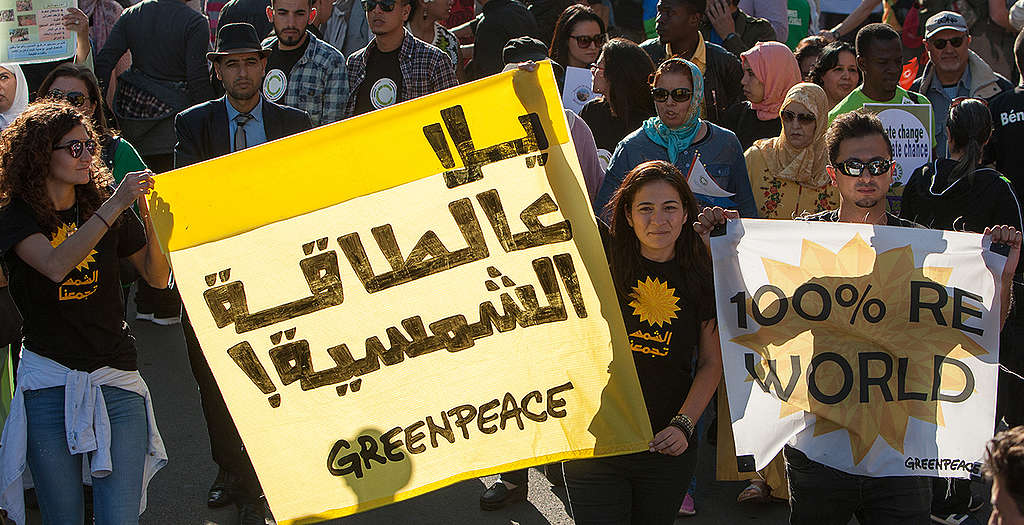
Greenpeace has been protecting the environment for decades. We’ve stopped many crimes against the planet and held many corporations responsible for their actions. But there are always more scandals, more crimes and more destruction.
Join Us
